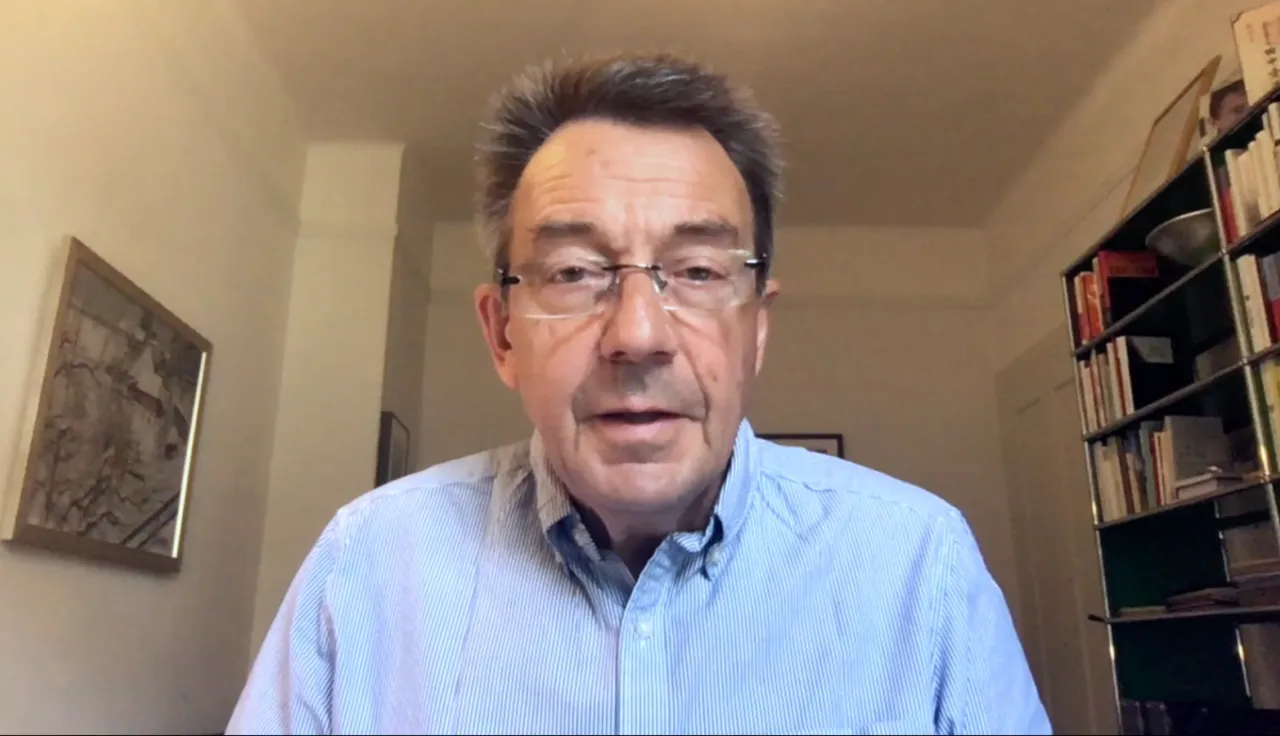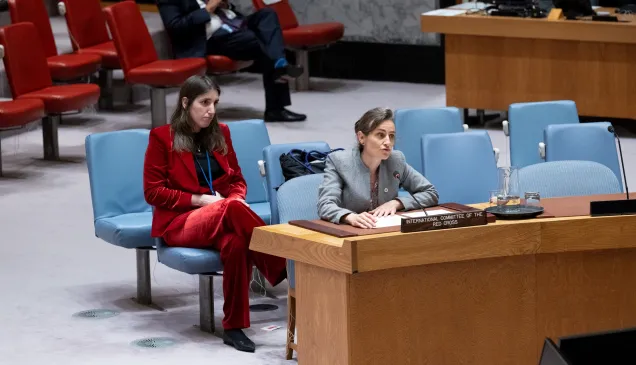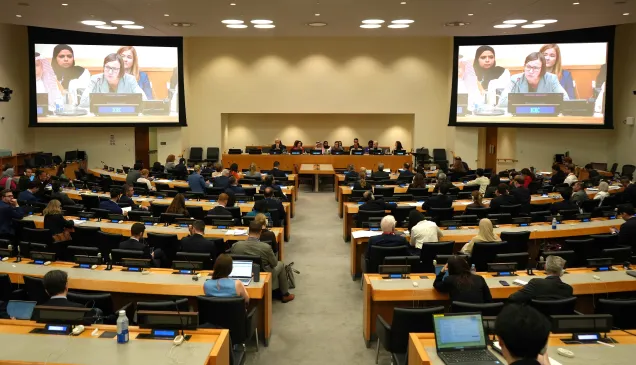Secretary-General, Chair, Excellencies, distinguished delegates,
Thank you for this opportunity to address you. This meeting comes as the COVID-19 crisis and its aftermath compounds the suffering of people living in armed conflict.
The economic hangover of this crisis will be long. I am concerned that in the future we will see greater numbers forced into aid dependency and made vulnerable to abuse.
The international community has a chance to act now with the longer-term in mind.
Beyond a pandemic response, we must seize this moment to increase people's protections, to build stronger communities, to refocus our relationship with people in need.
In this short message I bring two critical issues to your attention:
One, the protective power of International Humanitarian Law must be fully implemented to mitigate against the delivery impacts of war.
States must also overcome political impasses and pragmatically work to facilitate humanitarian access to populations in need.
I reiterate my call: to base your policies on IHL as the only reasonable basis for consensus and to leave political controversies outside of humanitarian concerns.
For example, politics must be quarantined from the development and distribution of any COVID-19 vaccine. The Red Cross Red Crescent Movement joins the Secretary General in calling for a people's vaccine which leaves no person behind.
Secondly, at all times we must ensure responses place people at the centre. We will succeed only when we fully understand people's needs and strengths, and when we implement responses that bolster their resilience.
Together with our Movement partners, the ICRC works closely with communities on the frontlines. Local organizations, like Red Cross and Red Crescent National Societies, who have the trust of their communities are critical a first line of response.
We work with people in the aftermath of violent attacks, those displaced, survivors of sexual and gender-based violence, families of missing people, those at left vulnerable by the impacts of climate change, people in need of mental health support.
We see daily how the bureaucratic categories of 'humanitarian', 'development' are meaningless to communities and are preventing people from getting the assistance they need.
In protracted conflicts, from Nigeria, Iraq to Yemen, people are asking for help that goes beyond the traditional definition of emergency humanitarian response - life saving assistance, but also livelihoods and schools.
To respond to real needs our collective response needs urgent realignment.
Excellencies, I urge the international community to take this moment to work together to overcome obstacles – whether political or bureaucratic - that limit humanitarian work and increase people's suffering. It is within your power to do so.
Thank you.




